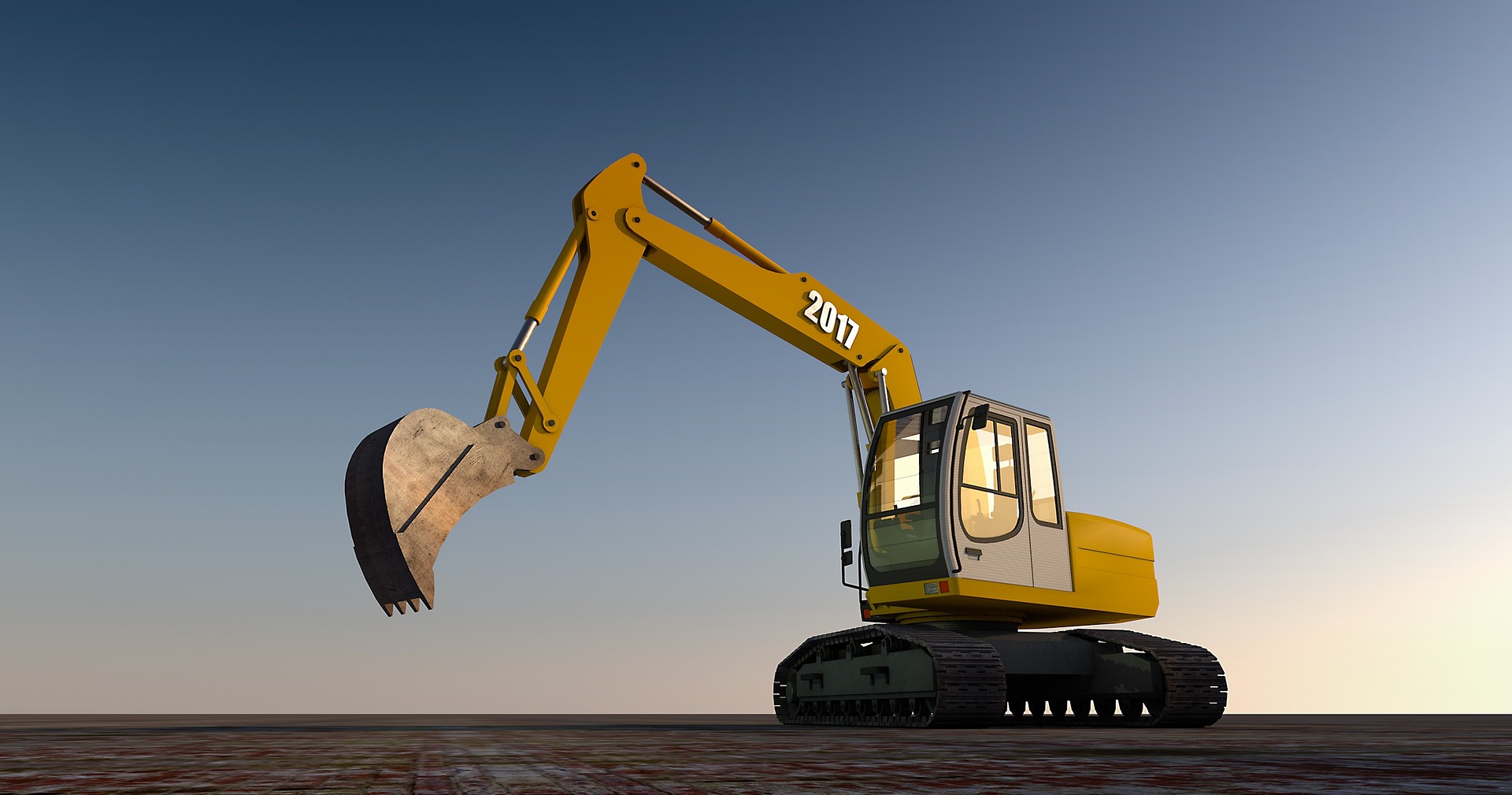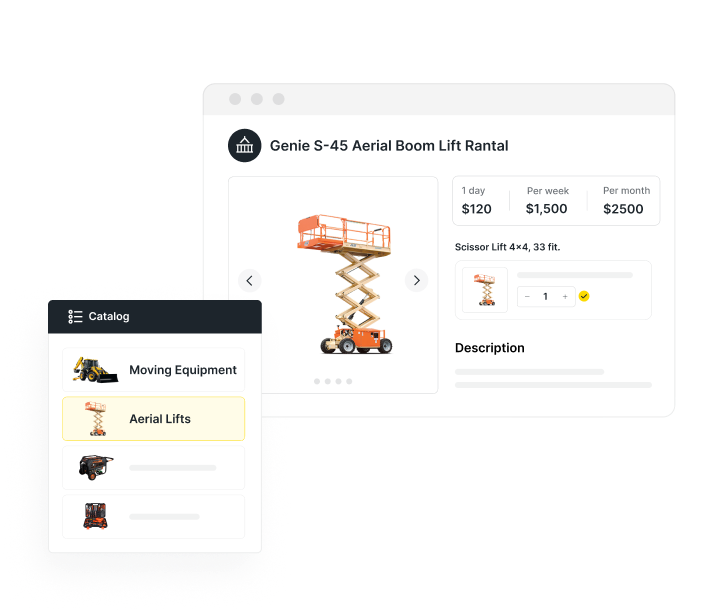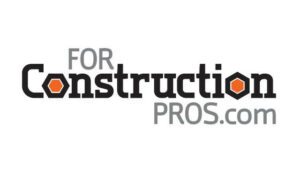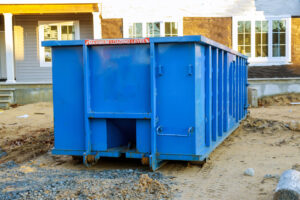Excavators are a major workhorse at construction sites and in the landscaping industry. Just as an excavator can make a solid investment for any construction company, buying an excavator for your equipment rental business can provide a solid rate of return.
How much does an excavator cost, exactly? The answer depends on a number of factors. Here’s what you can expect when you’re in the market for an excavator.
How Much Does an Excavator Cost?
The cost of excavator equipment depends on several factors, such as:
- Age
- Condition (if used)
- Number of hours used
- Size
- Features and specifications
- Model/brand
As you might expect, some machines are pricier than others.
Different brands can also represent greater levels of value. If you’re purchasing an excavator for your equipment rental business, a brand name can give you greater credibility but may increase the cost of purchase and maintenance.
Typical Excavator Price Ranges
How much is an excavator when buying brand-new? The price range can be anywhere from $100,000 to $500,000, depending on the aforementioned factors.
Some of the most popular brands (such as John Deere, Komatsu, and Caterpillar) can run to the higher end of the price spectrum, though they offer superior quality and value compared to other manufacturers.
The Lowest Costs You’ll Find for Excavators
The least expensive excavators are mini-excavators. Brand-new, these machines start at around $75,000. Used models can cost around $50,000 or even less. Full-sized excavators tend to be much more expensive, though used models will always offer a more affordable option.
How Much Does a Brand-New Excavator Cost?
A new excavator from the factory can cost anywhere from $80,000 to $500,000. The final price is dictated by factors like the brand, model, size, and specific features of the machinery itself. For instance, extra buckets and attachments can easily add between $5,000 and $10,000 to the final cost.
How much are excavators when you buy used? Used excavators typically sell for about 25% of the original price, which naturally makes these an affordable option for certain types of operators and business owners.
With such a steep discount, what are the advantages of buying a new excavator? Generally, a brand-new machine will offer benefits like:
- The full manufacturer’s warranty
- Better overall condition
- Less chance of requiring maintenance
- Access to the latest features and specifications
However, there are also some disadvantages to buying a new model, such as:
- Higher upfront cost
- Delayed production schedules
- Unnecessary or redundant features
- Fewer product reviews to inform your buying decision
The main advantage of a used excavator is the money you’ll save, which can be a good option for users who only need an excavator for a short period. The flip side is that used excavators often require more frequent service, and depending on the age and condition of the machine itself, they may not perform at the same level as newer models.
Professional rental companies might consider investing in a new excavator, as this will ensure the longest lifespan of the equipment itself and guarantee a higher rate of return. The added cost might even be factored into the price of the rental agreement, allowing you to balance the performance of a new machine with the added costs of a brand-new model.
How Much Does a Large Excavator Cost?
Standard-sized and large excavators can weigh anywhere from ten to 45 tons. Brand-new, these machines cost between $200,000 and $600,000, on average, while used models can run as low as $50,000.
This is where the brand can make a dramatic difference. A new Caterpillar or Komatsu machine will likely be priced higher than competitors’ models, though they also offer advanced features to add value to their products.
How Much Does a Small Excavator Cost?
Compact or mini-excavators typically weigh less than six tons. A mini-excavator can be slightly larger but generally won’t exceed ten tons. Small excavators often start at around $75,000 for a new model. Used mini-excavators can be considerably cheaper — it’s not unusual to see used excavators for sale in the $10,000-$20,000 range, depending on brand and condition.
Which Excavator Is Right for You?
Choosing the right excavator is an important decision. Explore our guide on what to look for when buying an excavator to get more information.
If you’re an equipment operator, you’ll want to select a model that has the features you need for the type of work you do, whether it’s construction, landscaping, or other projects. Likewise, equipment rental companies should invest in tools that offer versatility and value, ensuring a high rate of return.













